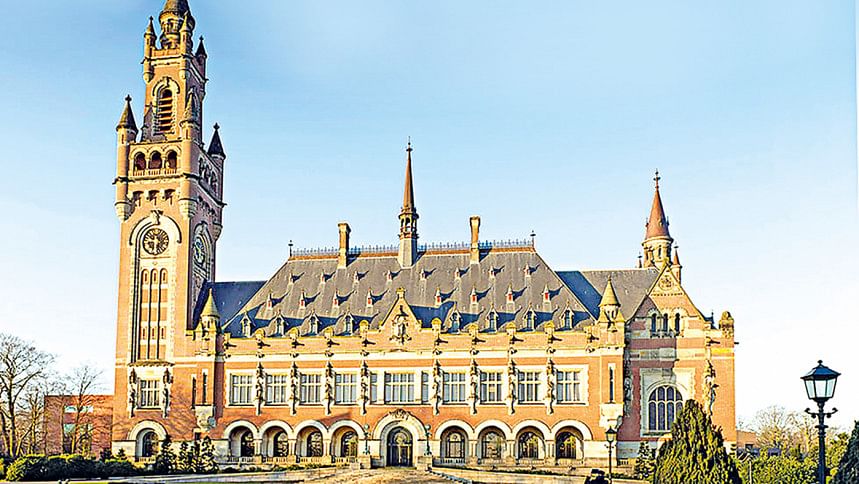ICJ’s Advisory Opinion on Israel’s Presence in the Occupied Palestinian Territory

On July 19, 2024, the International Court of Justice (ICJ) issued its advisory opinion in Legal Consequences arising from the Policies and Practices of Israel in the Occupied Palestinian Territory, including East Jerusalem. The proceeding was initiated by the General Assembly of the United Nations, under the Resolution A/RES/77/247 adopted on December 30, 2022.
ICJ was requested to render an opinion regarding the legal consequences arising from the ongoing violation by Israel of the right of the Palestinian people to self-determination, from its prolonged occupation, settlement and annexation of the Palestinian territory occupied since 1967, and regarding how the policies and practices of Israel affect the legal status of the occupation, along with the legal consequences that arise for all States and the United Nations from such status. ICJ was of the opinion that Israel's continued presence in the Occupied Palestinian Territory is unlawful, that Israel is under an obligation to bring to an end its illegal presence in the occupied territory as rapidly as possible, that Israel is under an obligation to cease immediately all new settlement activities, and to evacuate all settlers from that territory, and that Israel has the obligation to make reparation for the damage caused to all the natural or legal persons concerned in that territory.
ICJ put the responsibility upon the General Assembly and the Security Council to determine the modalities required to ensure an end to Israel's illegal presence in the Occupied Palestinian Territory and ensure the full realisation of the right of the Palestinian people to self-determination. A corresponding duty was placed on all states to cooperate with the United Nations to put such modalities into effect. While it is not for other states to solve this conundrum, they are now under an obligation to cooperate to bring an end to this crisis through lawful means, and also not to render any aid or assistance to Israel that may help maintain the unlawful situation. This position is consistent with the court's previous observations in the Separation of the Chagos Archipelago from Mauritius opinion and the Construction of a Wall in the Occupied Palestinian Territory opinion. Again, the court has called upon the states to distinguish in their dealings with Israel between its own territory and the Occupied Palestinian Territory, i.e., the obligation to abstain from treaty relations, or entering into economic or trade dealings, or establishing diplomatic missions with Israel, or to take steps to prevent trade or investment relations that assist in the maintenance of the illegal situation created by Israel in the Occupied Palestinian Territory or a part thereof.
State cooperation to promote and ensure self-determination in this case, might require that the UN put forth the modalities for such purpose through the General Assembly and the Security Council. And the major obstacle behind this is the veto politics in the Security Council. However, in the past, the Security Council did prohibit aid or assistance in maintaining the illegal apartheid regime in South Africa and Portuguese colonies.
States could, however, halt and prohibit economic and trade activities that occur in the occupied territory. Some recent official documents procured from the Dutch Foreign Ministry expressed doubts that almost every Israeli business has a connection to the illegal settlements. Thus, through necessary implications, it can be understood that sanctions and countermeasures, including economic restrictions, arms embargoes and the cutting of diplomatic and consular relations, should be the immediate response of the states if Israel fails to immediately and unconditionally withdraw armed forces and close military administration in the occupied territory. In recent times, cases have been filed in Netherlands and Germany regarding export of arms and military equipment. The Dutch Appeals Court already ordered the government to block the delivery of parts of fighter aircrafts to Israel over concerns of violation of International Law. Pursuant to the observation of this advisory opinion, states must do their part to bring an end to this prolonged illegal occupation.
The writer teaches law at Chittagong Independent University.

 For all latest news, follow The Daily Star's Google News channel.
For all latest news, follow The Daily Star's Google News channel. 



Comments